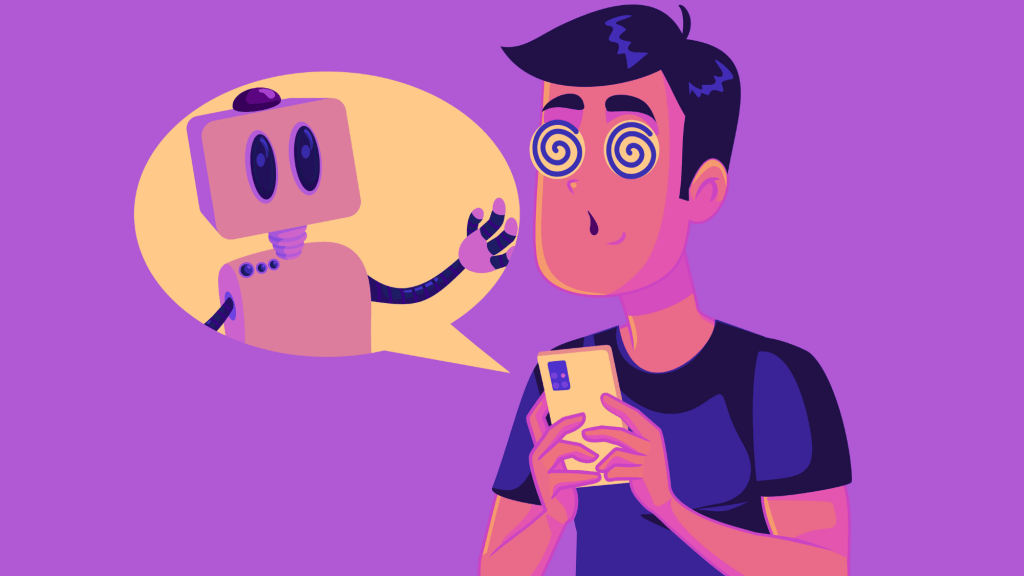Picture a version of you that doesn’t sleep, stress, or forget what your therapist said last week. It watches how you live, keeps tabs on your moods, and learns exactly how your brain reacts to life. That’s the idea behind a new wave of research into “digital twins”—virtual copies of people built from real-time data that could soon be used to predict and treat mental health conditions.
Digital twins already exist in other industries. They keep planes from breaking down midair and help car companies figure out what will fail before it does. Now, scientists want to build the same kind of model for the human brain. Researchers from Duke, Columbia, Nebrija University, and CogniFit say these cognitive twins could learn from the same data our smartwatches already collect—heart rate, sleep quality, stress, and screen time—to simulate what’s going on in our heads.
I know what you’re thinking…Black Mirror, anyone? However, the goal isn’t to create some dystopian clone. It’s to give doctors a safe way to test how your brain might respond to therapy, medication, or stress before you actually feel the effects. In a recent paper, the team wrote that digital twins could make treatment “more predictive, personalized, and preventive.” In theory, your twin could flag burnout before you notice it or suggest specific mental exercises to protect your memory as you age.

AI Clones Could Soon Diagnose and Treat Your Mental Health
It sounds futuristic, but the future is already here, my friends. Devices that track your steps, sleep, and pulse are collecting the kind of information that could train these systems. The twin would use that stream of data to build a model of your cognitive patterns, updating itself as you go through life.
That kind of monitoring raises big questions about privacy, bias, and who gets access to this technology. And it’s fair to wonder what it might feel like to have a version of your brain floating around in a database somewhere.
The potential feels huge. Digital twins already keep machines from breaking down; someday, they might do the same for people, like a mental mirror that could spot small cracks long before you do.
The post AI Clones Could Be the Future of Mental Health Treatment appeared first on VICE.




